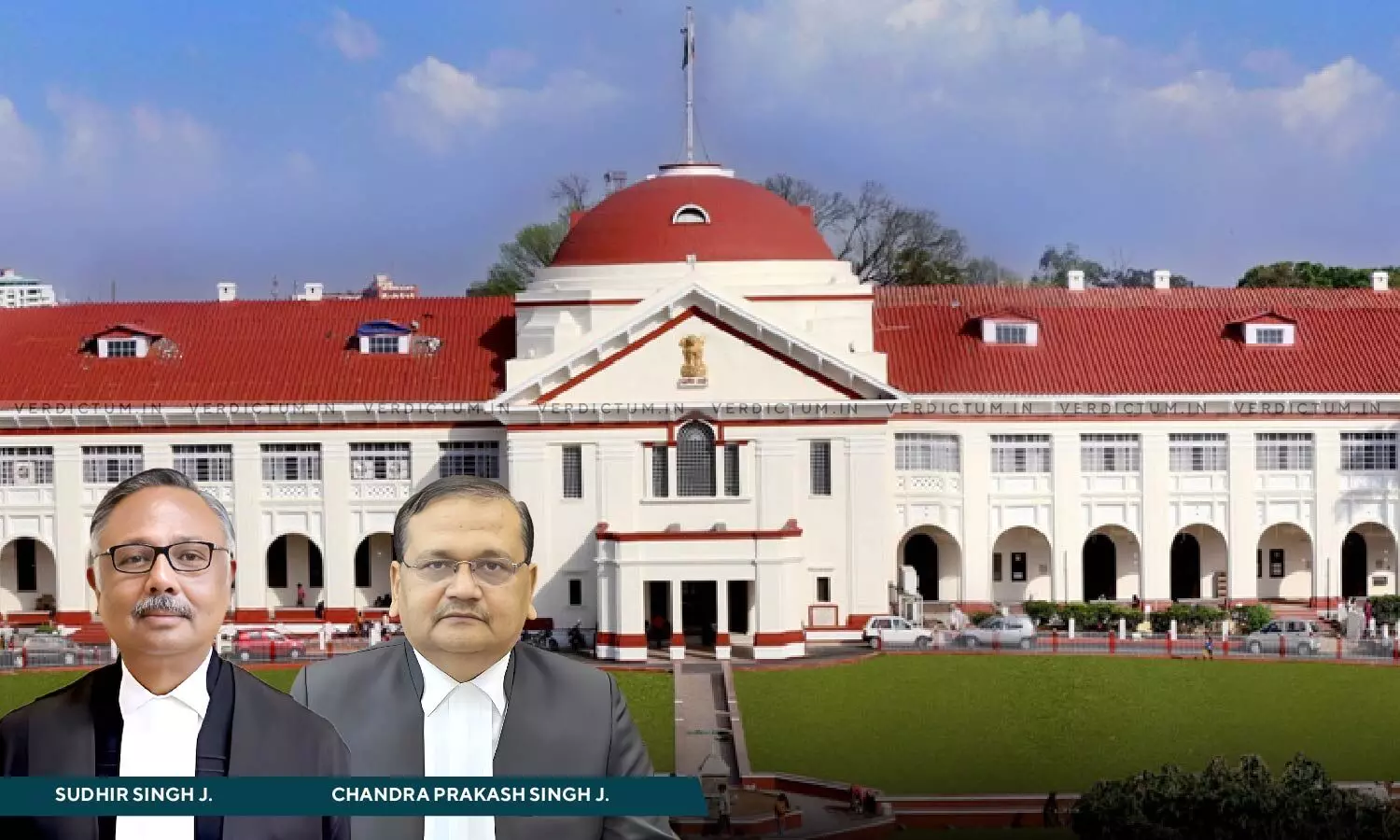
Non-Examination Of Material Witness Being Withheld By Prosecution Caused Prejudice To Accused: Patna HC While Setting Aside Conviction In Murder Case
 |
|The Patna High Court in a murder case has set aside the conviction of the accused persons on the ground that the non-examination of the material witness who has been withheld by the prosecution caused prejudice to the appellants.
The Court was dealing with a batch of three criminal appeals filed against the common judgment of the conviction and order of sentence passed by the Trial Court.
A Division Bench of Justice Sudhir Singh and Justice Chandra Prakash Singh observed, “… in the facts of the present case we find that the persons named in the FIR who helped the informant to take out the deceased from the pond and who would have listened to the oral dying declaration if made and could be a material independent witness to this case if not withheld. Thereby, adverse inference can be drawn against the prosecution in this case. Hence, non-examination of the material witness who has been withheld by the prosecution caused prejudice to the appellants.”
The Bench said that the conviction of the appellants in all the appeals is not sustainable in the eyes of law and that the prosecution has failed to prove its case beyond all reasonable doubts.
Advocate Arvind Kumar Pandey appeared for the appellant/accused while APP Dilip Kumar Sinha appeared for the respondent/State.
Brief Facts -
The appellants were convicted under Sections 302/34 of the IPC and were sentenced to undergo life imprisonment with a fine of Rs. 50,000/- and in default of payment of fine, further undergo rigorous imprisonment for one year. As per the prosecution case, the informant’s elder brother went to attend natural call towards road and in the meantime, he heard cry of his brother whereupon he ran towards the road and saw in the torch light that the accused persons/appellants armed with knife were blowing the knife repeatedly. The appellants seeing the informant also asked to do away his life and then he ran away from there towards village making alarm.
The appellants threw the brother of the informant in the water and fled away. The brother of the informant was taken out from the water with the help of the villagers and was taken to the Hospital for the treatment. However, his brother died in the way to the Hospital and hence, he rushed to the police station along with dead body of his brother claiming that the accused persons with common intention committed death of his brother by means of knife. A case was registered and after conclusion of the trial, the Sessions Judge convicted and sentenced the appellants, aggrieved by which they were before the High Court.
The High Court in view of the above facts noted, “… this Court is compelled to scrutinize the prosecution's case with meticulous attention. The absence of any mention of changes in the clothing of the deceased, despite the presence of multiple stab injuries, poses a formidable challenge to the prosecution's narrative. The inquest report, testimonies of witnesses, and the post-mortem findings collectively raise serious doubts regarding the veracity and completeness of the evidence presented.”
The Court said that the prosecution carries the burden of proving its case beyond a reasonable doubt, and the inconsistencies surrounding the condition of the deceased's clothing and absence of cut marks on it create significant ambiguity. It also said that in the absence of concrete evidence supporting the presence of cut marks on the clothing, a fundamental gap in the prosecution's case emerges.
“… it becomes imperative to refer to the Hon’ble Supreme Court judgement in the case of Takhaji Hiraji v. Thakore Kubersing Chamansing reported in (2001) 6 SCC 145, in paragraph 19 of the judgement, it has been observed that the non-examination of a material witness, who could provide essential information or fill gaps in the prosecution's case, may lead the Court to draw an adverse inference against the prosecution. However, if overwhelming evidence has already been presented, the non-examination of additional witnesses may not be significant”, further observed the Court.
The Court added that the court must scrutinise the value of the evidence already presented and consider whether the witness in question was available but withheld.
Accordingly, the High Court allowed the criminal appeals and acquitted the appellants.
Cause Title- Shankar Chaudhary v. The State of Bihar